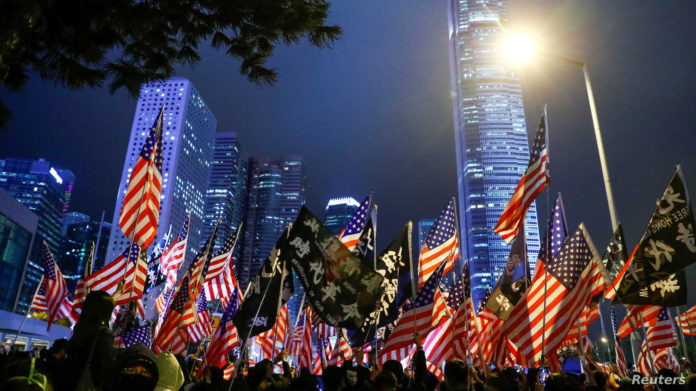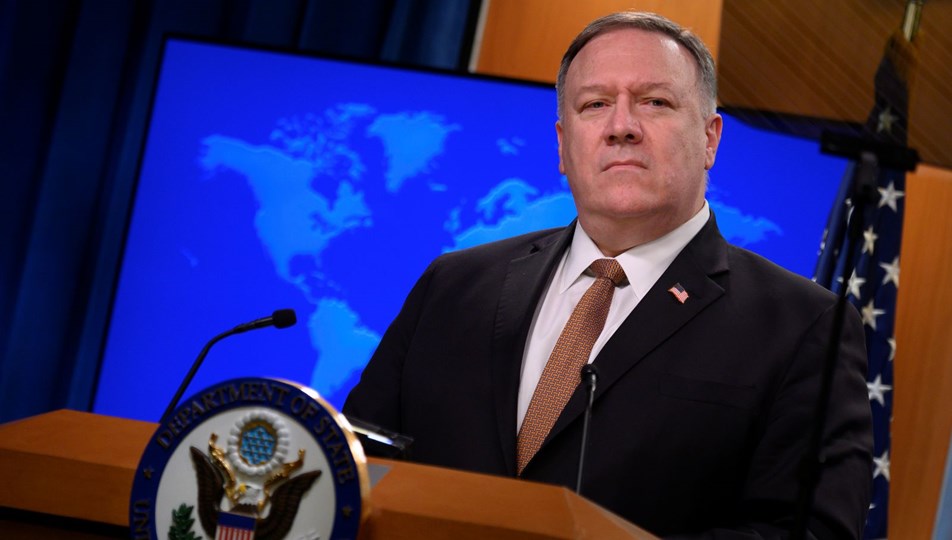
China’s decision to propose new legislation tightening control over Hong Kong has sparked a wave of condemnation from American lawmakers and officials, in yet another sign of worsening relations between the economic superpowers.
Secretary of State Mike Pompeo released a statement Friday saying he “condemns” China’s parliament for proposing legislation that he claimed “would be a death knell for the high degree of autonomy Beijing promised for Hong Kong.”

He also vowed that “any decision impinging on Hong Kong’s autonomy and freedoms … would inevitably impact our assessment of One Country, Two Systems and the status of the territory.”
Senate Majority Leader Mitch McConnell, a Kentucky Republican, also denounced Beijing’s moves, saying China has used the global crisis around the pandemic as cover for increasing authoritarianism.
“A further crackdown from Beijing will only intensify the Senate’s interest in reexamining the U.S.-China relationship,” McConnell said.
White House report
Even before Beijing’s Hong Kong announcement this week, the Trump administration was reviewing its China policy, publishing a strategic report aimed at changing Washington’s long-term approach to China
The report highlights how four decades of U.S. government policy of engagement with Beijing, dating back to the administration of President Richard Nixon, has failed to encourage China’s government to be a responsible stakeholder in the international community.
“If you take a step back and you look at the past 40 years of U.S. policy towards China, the Trump administration has really almost done a 180 divergence from that policy,” State Department spokesperson Morgan Ortagus told VOA on Thursday.
According to the administration report, the Trump administration sees “no value” in engaging with Beijing for symbolism and pageantry, and will publicly increase its pressure on the Communist regime.
This week showed examples of what that approach may look like. In recent days, U.S. officials have showered Taiwan’s president with praise, announced new measures that could further restrict Chinese tech giant Huawei’s access to key technologies, and directly appealed to the Chinese people in Mandarin to explain U.S. criticisms of Chinese government policies.


























